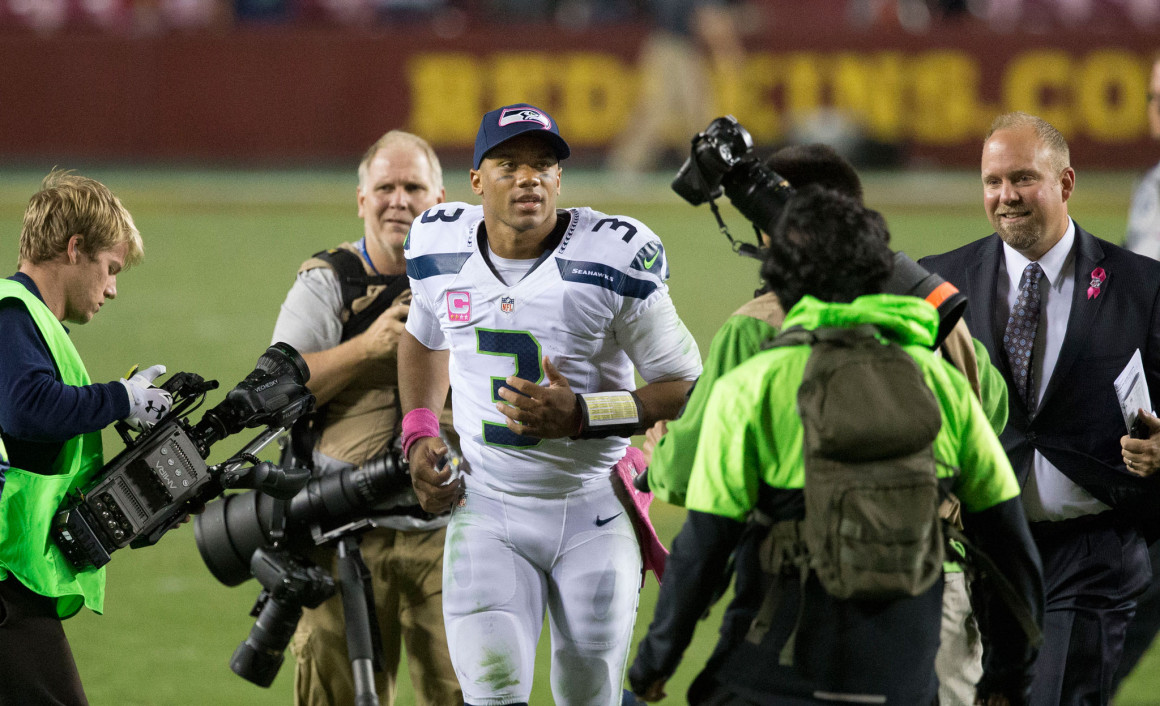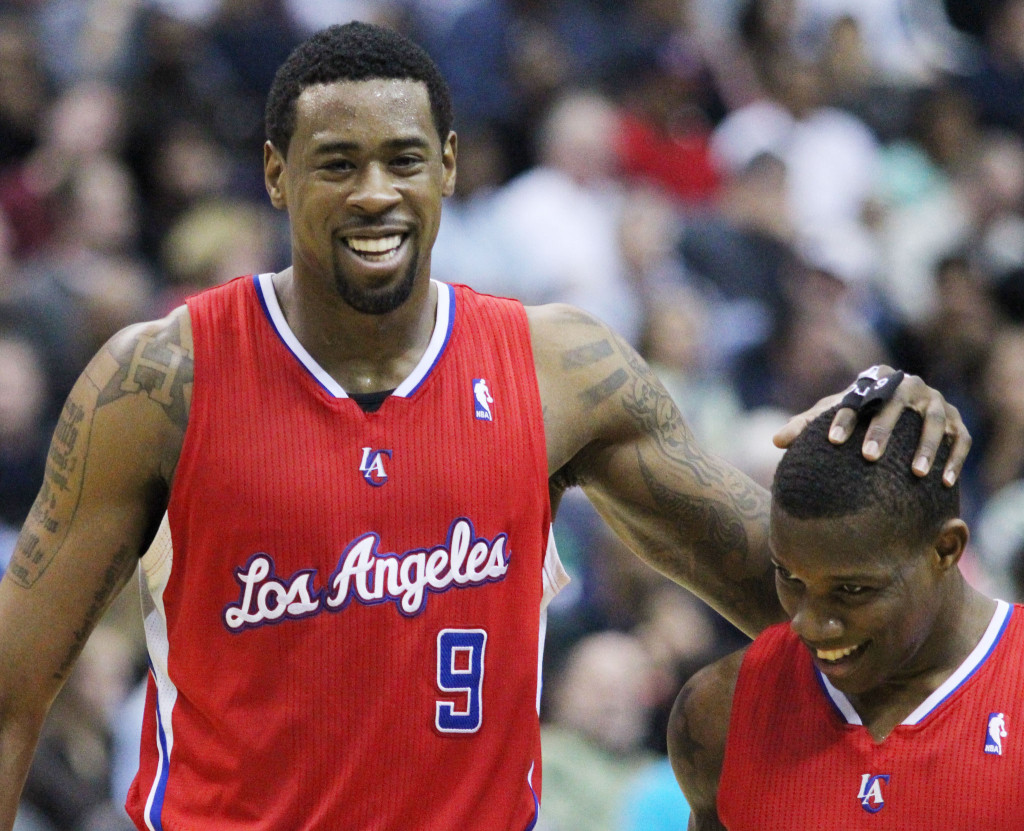
Players’ Tribune revolutionizes sports media
By Sonny Sachdeva, July 30 2015 —
Derek Jeter is, without question, one of the greatest athletes in history.
Over the course of 20 seasons with the New York Yankees, Jeter put together what was arguably the finest career of his generation.
But despite his historic accomplishments on the field, one of Jeter’s most noteworthy contributions to sports culture came after his retirement, when he launched a website called The Players’ Tribune.
Dubbed as “the voice of the game,” The Players’ Tribune has revolutionized the sports media industry. Featuring content written exclusively by the athletes themselves, the website gives fans the chance to hear about the sports world from internal rather than external analysis. The website has grown since its founding into something more, serving as a direct, unfiltered line of communication between the biggest sports stars and their fans.
Athletes use the website as an outlet to be incredibly candid — relaying opinions that previously wouldn’t have come to light due to the risk of their words being taken out of context and overanalyzed before they would have a chance to defend themselves.
For example, the NHL’s Tyler Seguin — who’s risen to become one of the top offensive players in the league over the past two seasons — penned a piece about being traded from the Boston Bruins to the Dallas Stars two years ago, stating his former club gave up on him too soon and that the attempts to malign his character in the media motivated him to raise his game.
It’s the type of brazen, unabashed statement rarely offered in the hockey world, as most players stick to the same list of recycled media-friendly quotes.
But The Players’ Tribune has become more than just a means of reflecting back on key moments. In some cases, breaking news comes directly from the website. This was the case earlier this summer, when the NBA community waited anxiously for Kevin Love to announce whether he’d return to join LeBron James and the Cleveland Cavaliers or bolt for greener pastures with another club.
Whereas previous players found themselves in media firestorms due to the imperfect ways they made their free-agency intentions clear, Love was able to painlessly announce his decision to return to Cleveland via The Players’ Tribune, dispelling rumors of a rift between him and his teammates in the process.
The piece spoke to the importance of the publication in the sports community. Love was able to deliver information that the basketball world was eagerly awaiting, but in a way that granted him complete control over the message.
 That ability to control your own voice is clearly important for The Players’ Tribune, and it recently led to one of the most interesting pieces to date. Los Angeles Clippers star DeAndre Jordan verbally agreed to leave L.A. and join the Dallas Mavericks when the free-agency period opened earlier this month. However, in an unprecedented move, the Clippers convinced Jordan to back out of the deal and return to California, leaving the Mavericks’ offseason plans in shambles. Fans and pundits around the league subsequently decried Jordan as cowardly and dishonest.
That ability to control your own voice is clearly important for The Players’ Tribune, and it recently led to one of the most interesting pieces to date. Los Angeles Clippers star DeAndre Jordan verbally agreed to leave L.A. and join the Dallas Mavericks when the free-agency period opened earlier this month. However, in an unprecedented move, the Clippers convinced Jordan to back out of the deal and return to California, leaving the Mavericks’ offseason plans in shambles. Fans and pundits around the league subsequently decried Jordan as cowardly and dishonest.
Naturally, Jordan wanted to clear the air and give his side of the story. Before, this would have meant an over-produced and over-advertised sit-down with a major publication or network. Instead, the Clippers star took to The Players’ Tribune, giving fans an unfiltered account of what happened and quickly putting the story to bed.
In only nine months, the publication’s presence in the industry has already been a game-changer. It highlights uncharted territory for sports fans by showing them their favourite athletes as more than just names on a roster or numbers on a field.
The Players’ Tribune gives the sports community a chance to view their stars on a human level first – showing their doubts, hopes, disappointments and regrets. No longer do fans have to wait decades after athletes’ careers are finished to see them write memoirs and uncover their thought-processes.
Now, it’s all been brought into real-time. The most potent example of this came after the NFL’s Super Bowl XLIX. Following Seattle’s heartbreaking loss — turning over the ball on New England’s one-yard line in the final minute to seal a Patriots victory — all eyes were on star Seahawks quarterback Russell Wilson, whose intercepted pass allowed the Patriots to take the championship game.
Just 17 days after the loss, fans got as clear a look into Wilson’s head as would ever come when he published a post for The Players’ Tribune recounting his emotions during and after that final play. The piece was a seemingly unprecedented look into the mind of one of the historic game’s key players, right as he was still coping with the outcome’s aftermath.
Coming up on its one-year anniversary in October, The Players’ Tribune has already grown into one of the most sought after sports media ventures in existence. There just isn’t a comparison when it comes to credibility and access.
It’s unclear exactly how the website will grow from here. Regardless, The Players’ Tribune has changed sports journalism for the foreseeable future, altering the roles of both athletes and sportswriters when it comes to connecting fans and the sports they dedicatedly follow.
